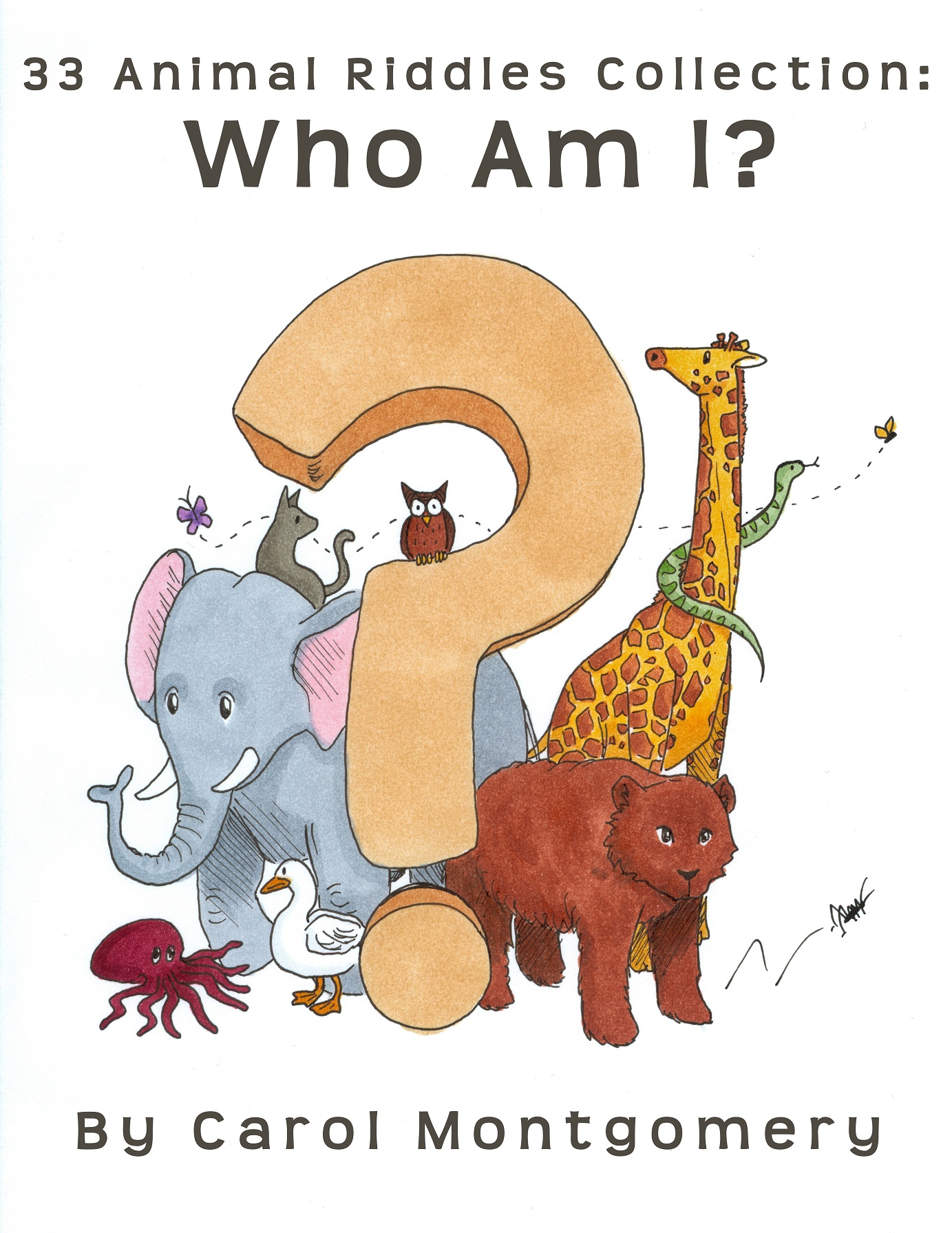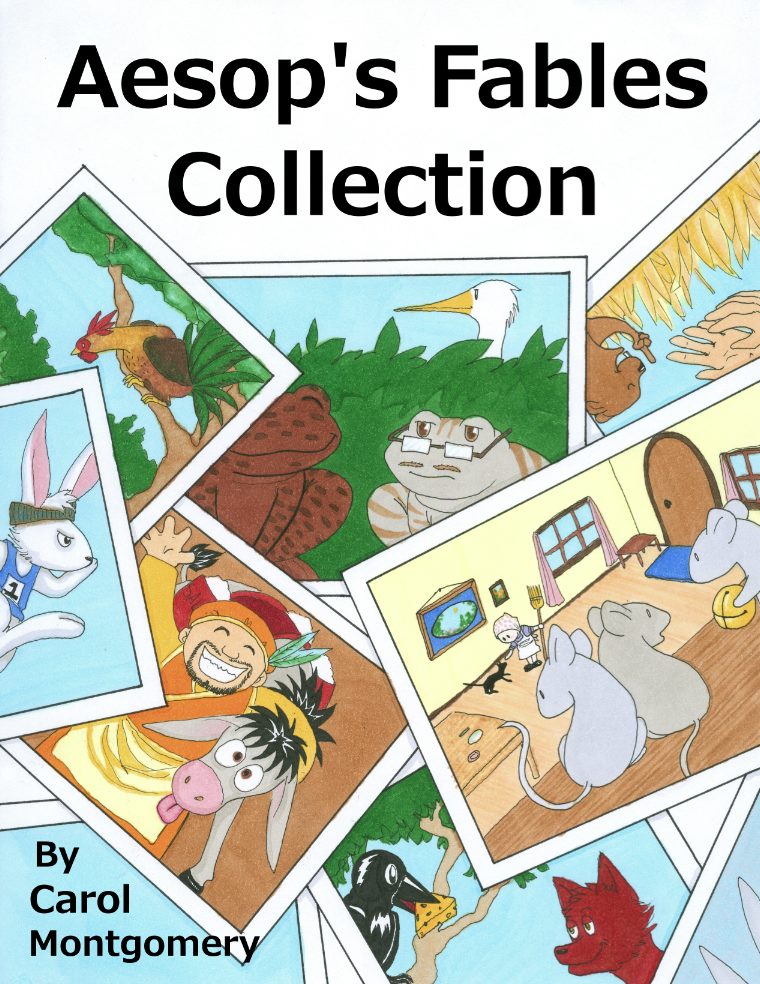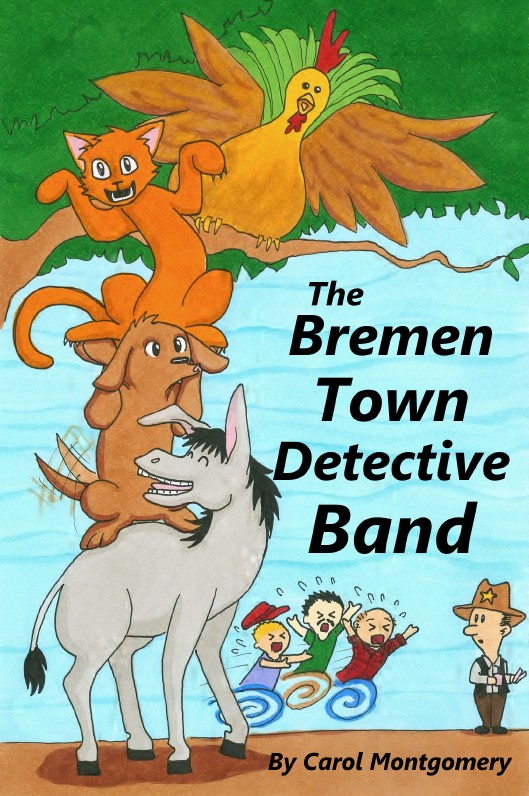publication date: Jul 24, 2010
|
author/source: Carol Montgomery
 Readers Theater Prepares Future Leaders
Readers Theater Prepares Future Leaders
Of course you know many of the benefits of using Readers Theater with students, but do you know any actual classroom stories? Do you have stories of your own?
"The Power of Reader's Theater," an article by Jennifer O. Prescott in Instructor magazine, recounts some amazing stories and research. Wow! If you want a quick motivator and super summary on why we should incorporate readers theater into the classroom or homeschool setting, don't bother reading my article. Just go to this link: The Power of Readers Theater (Valid in April 2017.)
The author of the article, Jennifer O. Prescott, is the managing editor of Instructor magazine (a trade magazine for teachers published by Scholastic). Scholastic happens to be the world's largest publisher and distributor of children's books, although they also publish educational materials for schools, teachers, and parents. Scholastic's Instructor in the January/February 2003 issue published Prescott's article, entitled "The Power of Reader's Theater".
Fourth Grade Teacher Results
Prescott's subtitle summarizes her perspective on Readers Theater: "An easy way to make dramatic changes in kids' fluency, writing, listening, and social skills." Who wouldn't want that for their students or children?
Prescott goes on to share real-life stories, including one of Lorraine Griffith, a fourth-grade teacher in North Carolina. Apparently Griffith saw dramatic results in her classroom as Prescott writes, "Reader's Theater proved to be almost a magic solution for Griffith: In just 10 weeks of using RT, every child in her class had gained a full grade level in reading. After a year, the children's gains had jumped to three years of growth." That's powerful!
The Reading Teacher Study
Prescott continues to share about a 1999 study in the professional periodical, The Reading Teacher, "which showed that second graders who did Reader's Theater on a regular basis made, on average, more than a year's growth in reading."
The dramatic results come from the fact that Readers Theater improves fluency--reading with ease. A student who reads with fluency can concentrate on the meaning of the words because the student reads accurately and effortlessly with expression. Reading is not a chore because the words become vehicles to drive meaning.
Picture a baby learning to walk. The baby gets up, tries a few steps, then sits down. Progress is slow. Imagine that same baby taking a "crash course" in walking, learning at an accelerated rate and even running within a month. That's what researchers and teachers say about using Readers Theater in a classroom with growing readers; Readers Theater accelerates student reading progress.
How is reading progress measured? Sometimes tests are used and sometimes it is a subjective opinion. In any case, I have not heard of anything negative from incorporating Readers Theater into a school or homeschool curriculum!
Resources
If you haven't checked out the Instructor article yet, you'll still want to do that because Prescott has resources for you! "The Power of Reader's Theater" includes sections on getting started, practicing, performing, and writing your own scripts. Of course, you can find this information elsewhere--including Readers Theater All Year--but, sometimes different perspectives are helpful.
Struggling Students
Prescott also shares about the ability of Readers Theater "to develop interpersonal, social, and collaborative skills--particularly among struggling students." She gives an example of special needs students from a Harlem school in New York who miraculously blossomed after the addition of Readers Theater. So what are we waiting for?
Content Areas and Leadership
Ah! You don't have beginning readers anymore? Well, Prescott doesn't address the value of Readers Theater in the content areas (e.g., history, health, science), but teachers continue to recognize the benefit in their classrooms.
And, Prescott doesn't mention much about Readers Theater building leaders and creators, although she shares a bit on overcoming shyness. There's an old saying--attributed to at least three different sources--that says, "Leaders are readers". That's the truth!
It seems to me that if we can add some creative fun while building reading, writing, AND leadership skills, then let's do it! Readers Theater will help you and your students succeed in ways beyond measure. Isn't that the way we want it?
Of course you know many of the benefits of using Readers Theater with students, but do you know any actual classroom stories? Do you have stories of your own? "The Power of Reader's Theater" an article by Jennifer O. Prescott in Instructor magazine recounts some amazing stories and research. Wow! "Readers Theater Prepares Future Leaders" serves as a quick motivator and super summary on why we should incorporate readers theater into the classroom or homeschool setting.





 Readers Theater Prepares Future Leaders
Readers Theater Prepares Future Leaders



.jpg)

